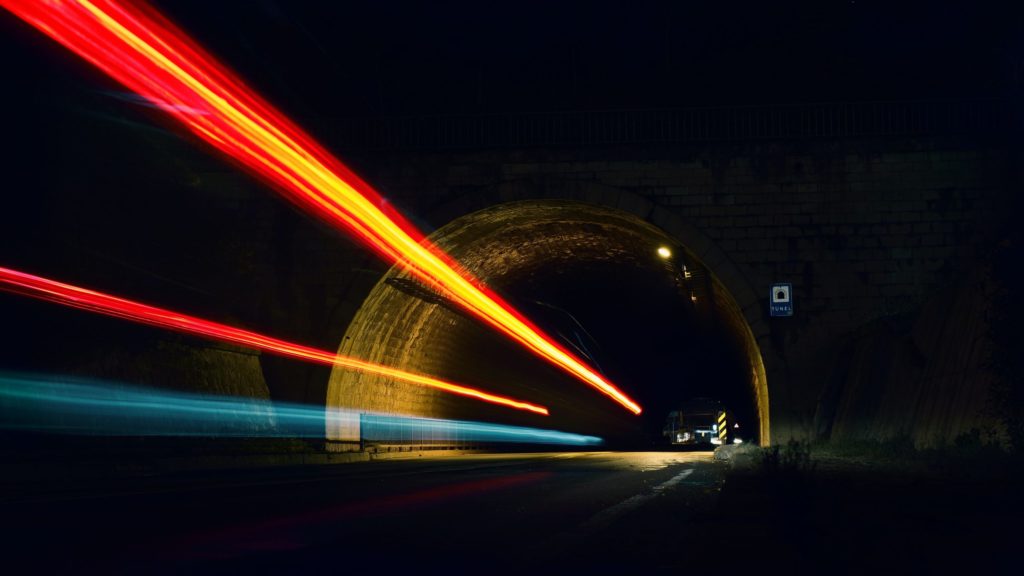Winter means shorter days, which inevitably leads to more night driving than any other season. Signs and obstacles can be harder to see with the dark skies and oncoming headlights. With a few basic precautions, we can help protect ourselves, and others on the road, from nighttime car accidents.
Night driving gets harder with age, so it’s important to be mindful of how your eyesight may have changed. If you notice cloudy or blurry vision, halo effects, or eye fatigue, schedule an eye exam to help address any underlying issues.
When you can, opt for nighttime driving aids, such as wearing night driving glasses, being well-rested before hitting the road, and keeping your windshield and windows clean. If it’s possible to avoid driving at night, it may be worth the effort to stay safe and save your trip for the daytime.
As always, don’t put off your eye exam. Click here to schedule yours today! Our team is here to keep your vision healthy, to answer any questions you might have, and to help you have the happiest of holidays.


